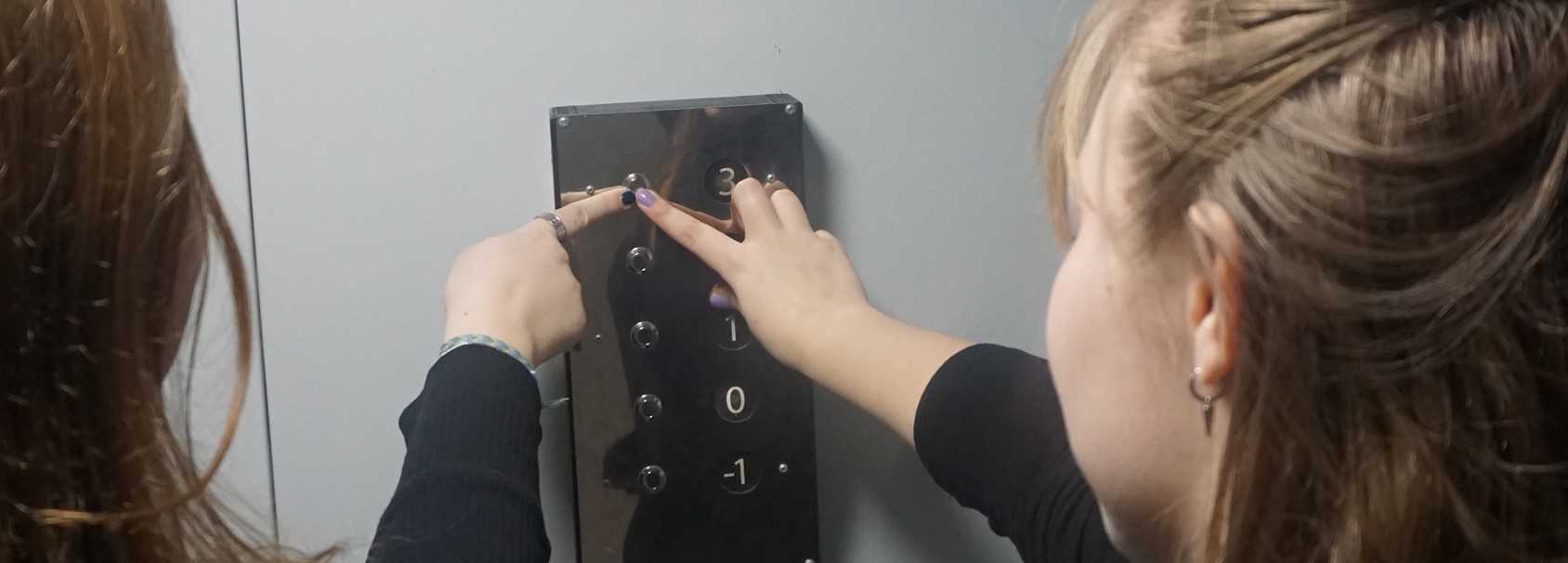How to play escape games, useful advice for beginners

Never tried an escape room? Here are some helpful tips that can be of help in both choosing your first game as well as how to approach the game itself and succeed!
Choose the type of escape room that suits you
When playing your first game it is important to choose a theme that sounds the most interesting or exciting to start with. Choose something that suits you and your team. Think about your likes and dislikes. Would you like to get scared? Does the thrill of escaping excite you or are you more scared of being actually locked in? Most escape rooms these days have options both where you are locked in, like prison break style escape games, and then there are games where you aren’t locked in and the goal is instead to find a mysterious item in the room or perhaps a piece of important evidence.
By knowing what you like you can find something that peaks your interest.
Understand the rules and objectives of the escape game
Once you have selected your theme it is important to understand the objective of the game. It’s always good to show up on time for your first game as the Game Masters will give you important tips and tricks in order to understand your game as well as tell you how to play escape games.
Remember most Escape Rooms usually rely on logical problems and puzzles and rely on you using your brain rather than your brawns.
Understanding the purpose of the game will help players to solve tasks effectively. It is important to know which direction to go and which information may be important to solve the puzzles hidden in the room. Understanding the objective can also motivate you to complete the game as quickly and efficiently as possible.
In escape rooms, rules can help to make the game safe. In addition, knowledge of the rules can also be beneficial during the game, as it can help us to solve the puzzles more efficiently and complete the game successfully. So it is worth paying attention to the rules and following them.
Let’s consider the possibilities
- Start by looking around the room for clues, maybe something is hidden inside a book, under the mattress on the bed or in that open locker.
- Have a look around the room to see if you can spot padlocks, code panels or is there a spot where something can be placed that is currently missing? By doing this you know for example that if you find a 3 digit padlock you need to find a code.
- Share clues, maybe you have found something that is part of something else, by sharing your finds with the other members of the group it will be easier to solve puzzles and make connections with objects to discover the secrets of the room.
- Think creatively: be brave to find new solutions, don’t be afraid to experiment and think outside the box to solve puzzles.
- Let’s make sense of objects: notice what objects are available and how they can be useful.
- Work as a team: collaborate with other players to explore opportunities and use them together.
- Check your results and adjust your strategy if necessary.
- Have fun and the main purpose of the escape room is to have fun.
Watch the time available for escape
Most Escape Rooms will have a time limit of 60 minutes. Timekeeping is therefore also important, remember to keep track of your time and report in time if you need help. It is always best to use the hint system early in the game. Why? Because the first time trying will always be the trickiest one and starting off by using clues makes it easier to understand how to think and approach each step of the game.
Use the power of the team
Cooperation is really the key to success in an Escape Room. By working together, sharing ideas and theorizing together you find new ideas and ways to solve the puzzles, making your game move faster and be more efficient. Whether the game is with friends, family or coworkers, remember that we look at logic differently so use each member of the team as an asset. Playing an Escape Room can be equally fun as a recreational game as it can be a team building activity.
Be persistent
Finally, don’t give up too early. Not all puzzles will be logical for you and your team, it’s worth it to carry on because failures can teach you lessons and help you solve the next puzzle.